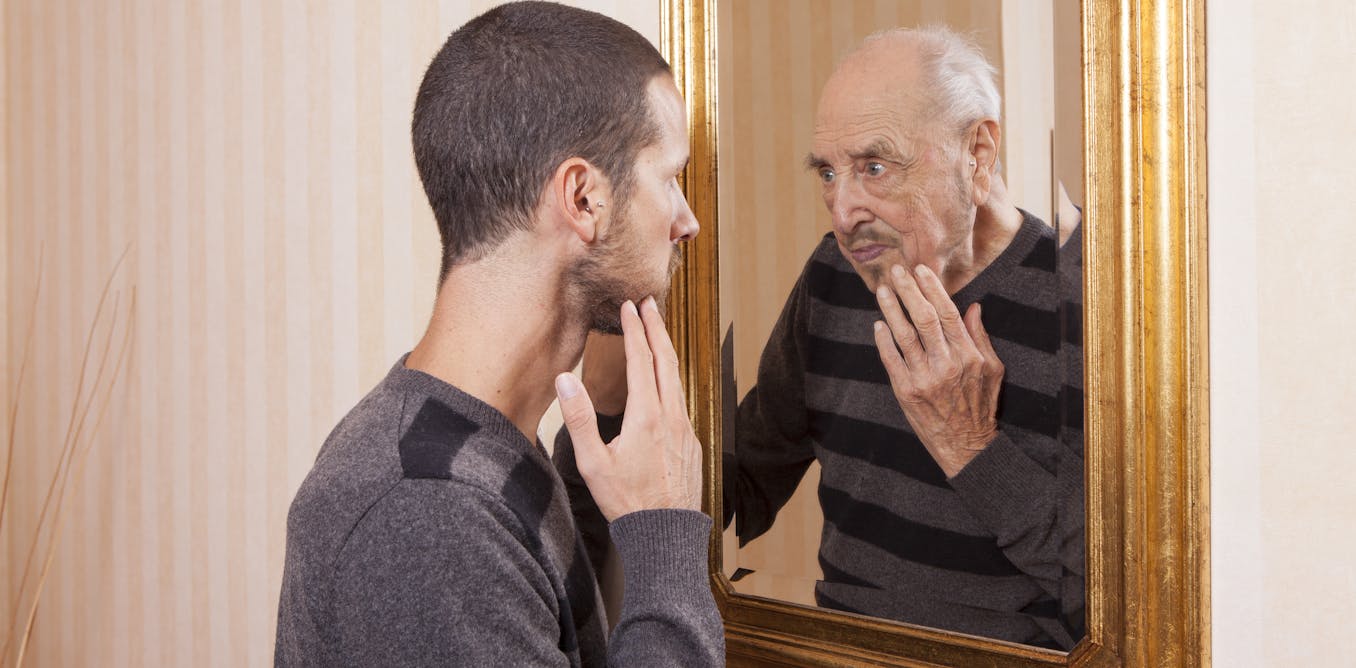If you’ve been unfortunate enough to scroll through TikTok lately, the algorithm may have convinced you that cortisol, your body’s main stress hormone, is ruining your life.
Yes, according to social media content creators, stress is giving you a repulsive “cortisol belly” and puffing up your sad “cortisol face.” And, of course, this is what’s holding us all back from achieving the full influencer, ideal dream life. If it weren’t for my raging cortisol levels, I’m sure I’d be knee-deep in Lamborghinis and beating off admirers with a stick by now.
But is there any scientific evidence behind the cortisol craze? After all, this is just the latest in a long line of reasons social media has given us to believe we are inferior to the living gods of TikTok. Or maybe, just maybe, this is another grift designed to harvest likes, sell dodgy merch and drive engagement. Surely not.
Cortisol is a natural hormone produced by your adrenal glands, located just above your kidneys. For millennia, humans have relied on cortisol – in fact, we can’t survive without it. Most of the time, it helps regulate our daily rhythms and behaviour.
And yes, it’s true that stress (whether caused by an approaching sabre toothed tiger or having a high-pressure job) rapidly and reliably triggers cortisol release. But this isn’t bad. Cortisol isn’t trying to ruin your summer body, it’s trying to keep you alive and give you the energy to run or fight.
That said, chronically elevated cortisol can contribute to some serious health issues, including weight gain. And to be very clear: if you’re experiencing symptoms of consistently high cortisol, you should be in conversation with a qualified healthcare professional.
So yes, cortisol has its downsides – but then again, so does everything in excess. Even TikTok.
Research shows that people with sustained high cortisol levels tend to store more fat in the abdominal area and around the face. This was first described nearly a century ago – in 1932, by neurosurgeon Harvey Cushing (don’t bother looking him up, he’s not on socials).
But this applies to Cushing’s disease, a rare medical disorder. The cortisol released from everyday stress doesn’t even come close to the levels or duration seen in Cushing’s.
Also, let’s not pretend your face or belly fat is solely cortisol’s fault. Fat distribution is the result of a complex mix of genetics, diet, sleep, exercise and hormones. Blaming one hormone for everything is like blaming the rise of air fryers for global warming.
Chill out about cortisol
If you’re genuinely concerned about stress or its effects on your health, I have good news: you don’t need to buy anything or follow the “cortisol detox” advice of social media influencers.
Here are some stress-reducing tips. They are simple. They are boring. And they work:
Eat a balanced diet – regularly.
And if something feels off, talk to your doctor.
“Cortisol belly” and “cortisol face” might sound catchy, but they reduce incredibly complex biological processes into bite-sized insecurities. Social media’s obsession with cortisol isn’t about health, it’s about content and clicks.
Stress is real, but don’t let a billionaire influencer who wakes up at 3:53am to mainline turmeric tell you your face is “hormonal” and your stomach is “inflamed”.
You don’t need to fix yourself with trendy hacks. Just put the phone down and chill. Which, ironically, might be the most effective cortisol-lowering advice of all.

The post “Why you don’t need to stress about cortisol ruining your waistline – or your face” by Craig Doig, Associate Professor of Metabolic Health, Nottingham Trent University was published on 04/25/2025 by theconversation.com





































Leave a Reply